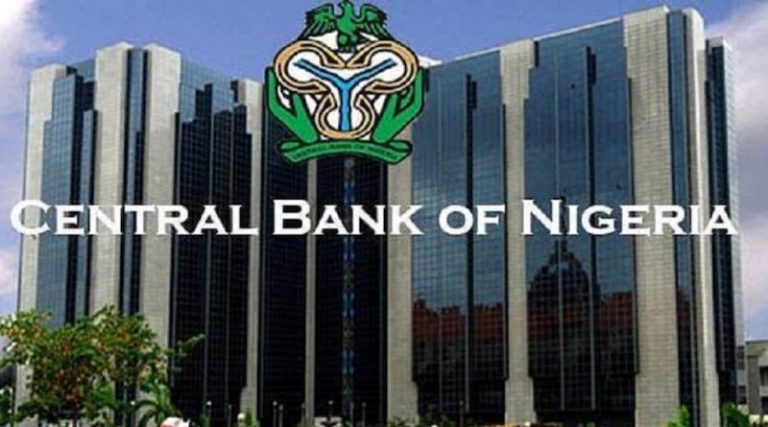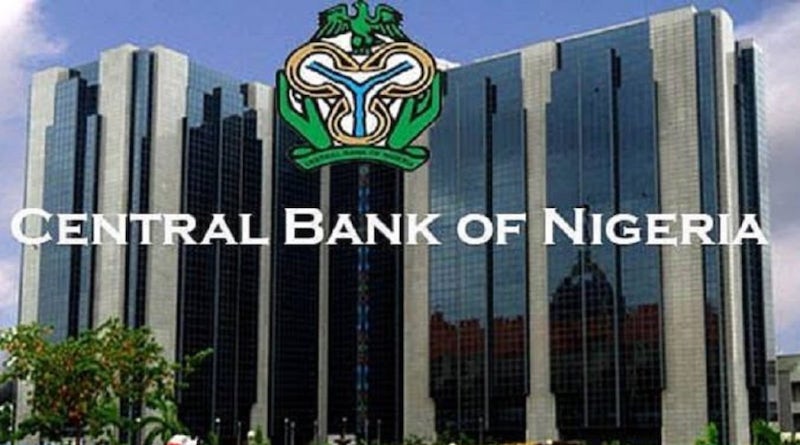


The Lagos Chamber of Commerce and Industry (LCCI) has urged the Central Bank of Nigeria (CBN) to reconsider its monetary policy stance and avoid further increase in the interest rate.
The LCCI Director-General, Dr Chinyere Almona, said this in a statement on Friday in Lagos.
The News Agency of Nigeria (NAN) reports that the CBN, on March 26, increased the Monetary Policy Rate (MPR) from 22.75 per cent to 24.75 per cent.
She said that while the CBN’s objective of containing inflation and stabilising exchange rate was commendable, it must be pursued in a manner that does not hamper private sector activities and economic growth.
Almona noted that Small and Medium Enterprises (SMEs) in particular, were disproportionately affected by the apex bank rate hike policy.
She said that many SMEs operated on thin profit margins and relied heavily on affordable credit to sustain their operations and drive growth.
Almona added that the surge in borrowing costs stifled their ability to invest in productivity-enhancing measures, hire new employees, and contribute to economic growth.
She said that the recent hike in electricity tariff made the cost of living and doing business in Nigeria unbearable.
Almona noted that the two decisions were compounded by difficulty in the importation and clearing of goods at the ports.
The LCCI director-general added that the use of frequently fluctuating import duty exchange rates made planning difficult for businesses.
She stated that feedback from businesses and analysts suggested that these moves would inflict severe pain on the private sector, further exacerbating the already challenging economic environment.

According to her, the private sector, which is the primary driver of growth and employment generation in Nigeria, is currently plagued with increased borrowing costs, reduced investment incentives, among other challenges.
“The recent hikes in the MPR have directly translated into higher interest rates, making it more expensive for businesses to access credit for
working capital, expansion, and sustainability.
“We have consistently advised that rate hikes alone will not curb inflation without resolving challenges of the real sector of the economy.
“The real sector has demonstrated the capacity to create more jobs, manufacture products for consumption and export, and sustain the industrial base of the economy.
“While we understand that high-interest rates attract Foreign Portfolio Investments and local investors to treasury bills and bonds, we lament the drying up of funds away from the private sector to government treasuries,” she said.
Almona acknowledged that the removal of the subsidy on electricity supply might have been in line with attracting foreign investors into the sector with a cost-reflective tariff.
She, however, stated that the chamber’s major concern was seeing businesses pay heavily for the services that they did not enjoy optimally.
She explained that it had become a grave concern that with a higher cost of power, companies were still not having access to the service.
Almona called for an aggressive metering programme that would lead to a 100 per cent coverage of electricity consumers.
This, she said, would guarantee liquidity for the distribution companies and give more satisfaction to consumers with a feeling of paying for what they consumed.
She added that beyond the provision of infrastructure, there’s the need to have a sound regulatory and policy environment to attract more foreign investments into the power sector.
“It is, therefore, expected that with government having access to more funds, the huge costs borne by companies in providing business support infrastructure like power, logistics, warehousing, security, and others should be promptly provided with saved funds from discontinued subsidies and taxes.
“For instance, the Economist Intelligence Unit, in its April Global Outlook, reported that China will be relying heavily on public investments to achieve the projected 4.7 per cent Gross Domestic Product growth in 2024.
“We are concerned that businesses will face double jeopardy in paying a higher electricity tariff and another cost in providing a private electricity supply.
“We urge the Federal Government to invest more in the power sector to improve power supply to businesses and homes,” she said.
She recommended that the CBN explored alternative policy measures that promoted credit access, stimulate investment, and support entrepreneurship. (NAN)
By Rukayat Moisemhe